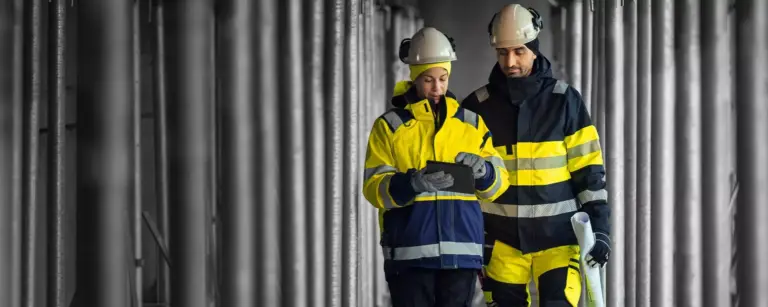Lowest Construction Bid Wins? Not in All Cases
October 23, 2019
Clearly, it’s important to provide a competitive price for a construction bid, and one element of providing a “good” price involves properly vetting and comparing quotes from specialty subcontractors when evaluating the pricing they’re providing to you. Let’s explore a few options.
APPLES TO APPLES?
When comparing pricing from subcontractors, it’s imperative to make sure each sub answering a Request for Quote (RFQ) understands the full scope of work, as well as the risk profile they may be taking on. For instance, does the phasing of the project require a second (or third) mobilization of the same subcontractor to the jobsite? Is that included in their pricing? A short-term advantage may appear to be in the prime contractor’s favor if this is overlooked, but is it really worth the hassles of change orders, delays and potential litigation when this could be easily cleared up at the time of the RFQ? In the case of materials being purchased, are the terms clear on freight, taxes and other delivery charges? The more clarity involved in the RFQ the better off all parties will inevitably be.
TOO GOOD TO BE TRUE?
Recently, a customer recounted to me a story where they requested pricing from a subcontractor for some pre-fabricated modules. The price appeared too good to be true. Rather than simply including that price in their cost estimate (and assuming the modules would be delivered per spec), they decided to visit the subcontractor’s shop where the proposed work was to be performed.
Due to the tight timelines of the project, their objective was to see if this manufacturing facility had the capacity, in terms of skilled personnel, equipment and other resources, to deliver on time. However, when they arrived at the shop, they realized the lone shop door was only 12 feet wide, but the modules to be built had a 14-foot wide footprint. It was clear the subcontractor was in over his head on this particular project, and the prime contractor avoided a potentially disastrous outcome by taking a little extra time on the front end of the construction bid to properly vet this situation.
WHEN HIGH PRICE = BEST VALUE
In other cases, a “high” price may actually become the “best” price when performing due diligence on quotes. A competent specialty subcontractor may have historical benchmark data that takes into consideration the technical aspects of the work, the requirement for specialized personal protective equipment (PPE) and other adverse conditions. Because of their history of successfully and safely performing this work, they’ve learned to price accordingly and, on the surface, theirs may not appear to be the best price. However, due to their experience, they may very well be the best choice for the job.
In the final analysis, many factors exist that can alter pricing, including site conditions, the competitive landscape and an organization’s capacity to benchmark their costs and productivity. InEight provides a portfolio of solutions, including project cost management solutions, that enable these competencies, and more, for better project outcomes.




